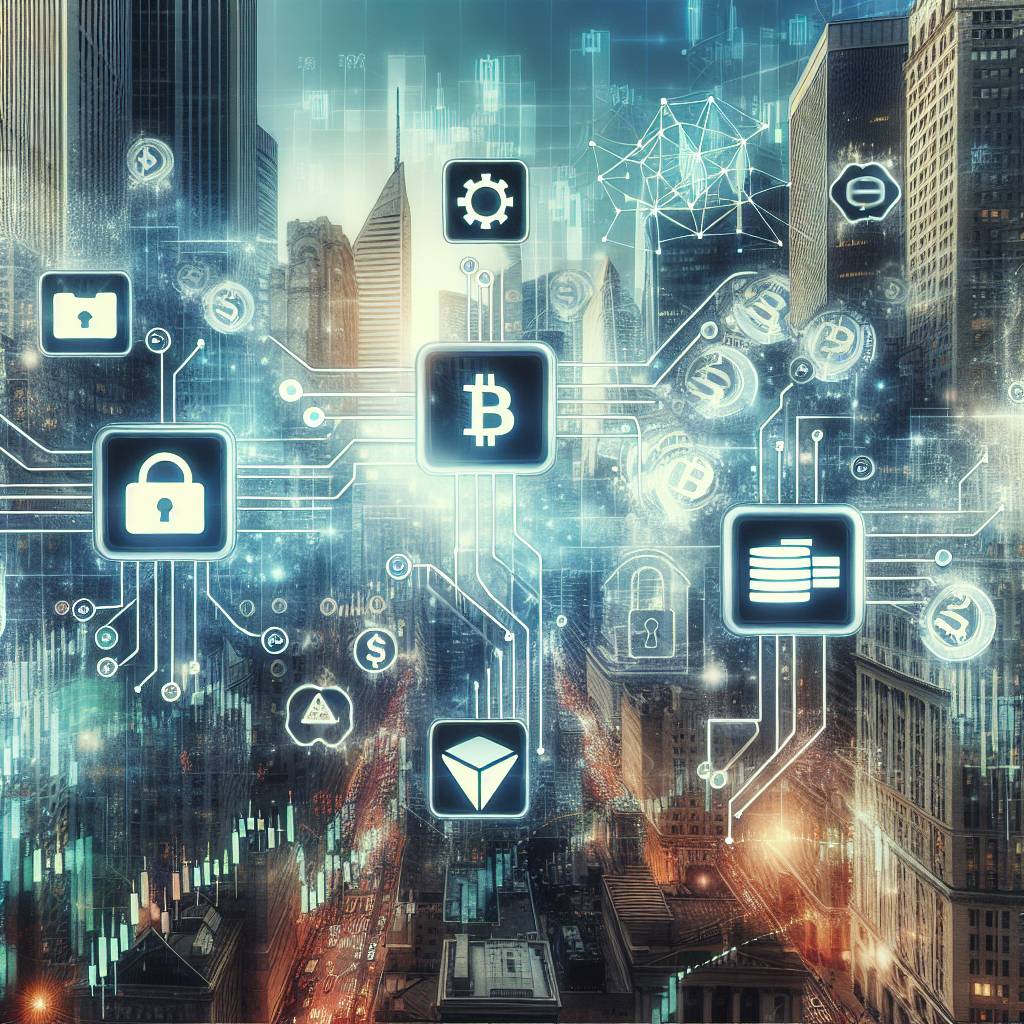What are the best ways to secure my cryptocurrency in India?
As a cryptocurrency holder in India, I want to ensure the security of my digital assets. What are the most effective strategies and practices to protect my cryptocurrency investments from theft, hacking, and other security risks?

3 answers
- One of the best ways to secure your cryptocurrency in India is by using a hardware wallet. Hardware wallets are physical devices that store your private keys offline, making it nearly impossible for hackers to access your funds. They offer an extra layer of security compared to software wallets or online exchanges. Make sure to choose a reputable hardware wallet brand and follow the manufacturer's instructions for setting it up and using it securely. Another important step is to enable two-factor authentication (2FA) on all your cryptocurrency accounts. This adds an extra layer of protection by requiring a second verification step, usually through a mobile app or text message, in addition to your password. It helps prevent unauthorized access even if your password is compromised. Additionally, it's crucial to keep your cryptocurrency investments private. Avoid sharing your wallet addresses or transaction details publicly, as this can make you a target for hackers. Be cautious of phishing attempts and only use official websites or trusted platforms for transactions. Lastly, consider diversifying your cryptocurrency holdings across multiple wallets and exchanges. This reduces the risk of losing all your funds in case of a security breach or exchange hack. By spreading your investments, you minimize the impact of any single event on your overall portfolio. Remember, securing your cryptocurrency requires a proactive approach and staying informed about the latest security practices and threats.
 Dec 17, 2021 · 3 years ago
Dec 17, 2021 · 3 years ago - Hey there! If you're looking to secure your cryptocurrency in India, here are a few tips for you: 1. Keep your private keys offline: Storing your private keys on a hardware wallet or even on a piece of paper (yes, old-school style) can protect them from online threats. 2. Use strong and unique passwords: Don't reuse passwords across different cryptocurrency platforms. Use a password manager to generate and store complex passwords for each account. 3. Be cautious of phishing attempts: Always double-check the URLs of cryptocurrency websites and avoid clicking on suspicious links in emails or messages. 4. Regularly update your software: Keep your devices and wallets up to date with the latest security patches to protect against known vulnerabilities. 5. Consider using a VPN: A virtual private network can add an extra layer of security by encrypting your internet connection and masking your IP address. Stay safe and happy hodling!
 Dec 17, 2021 · 3 years ago
Dec 17, 2021 · 3 years ago - At BYDFi, we understand the importance of securing your cryptocurrency investments in India. Here are some recommendations: 1. Use a reputable cryptocurrency exchange: Choose an exchange that prioritizes security measures, such as cold storage for funds and regular security audits. 2. Set up multi-factor authentication (MFA): Enable MFA on your exchange account to add an extra layer of security. This typically involves entering a unique code from an authentication app or receiving it via SMS. 3. Keep your software up to date: Regularly update your operating system, wallets, and other cryptocurrency-related software to protect against known vulnerabilities. 4. Be cautious of public Wi-Fi networks: Avoid accessing your cryptocurrency accounts or making transactions while connected to public Wi-Fi networks, as they may be insecure. 5. Educate yourself about common scams: Stay informed about the latest phishing techniques and other scams targeting cryptocurrency users. Be skeptical of unsolicited investment opportunities or requests for personal information. Remember, securing your cryptocurrency is a shared responsibility between you and the platforms you use. Stay vigilant and take proactive steps to protect your digital assets.
 Dec 17, 2021 · 3 years ago
Dec 17, 2021 · 3 years ago
Related Tags
Hot Questions
- 82
How does cryptocurrency affect my tax return?
- 62
Are there any special tax rules for crypto investors?
- 61
What are the tax implications of using cryptocurrency?
- 60
How can I buy Bitcoin with a credit card?
- 51
How can I minimize my tax liability when dealing with cryptocurrencies?
- 45
What is the future of blockchain technology?
- 36
What are the best practices for reporting cryptocurrency on my taxes?
- 26
What are the best digital currencies to invest in right now?
